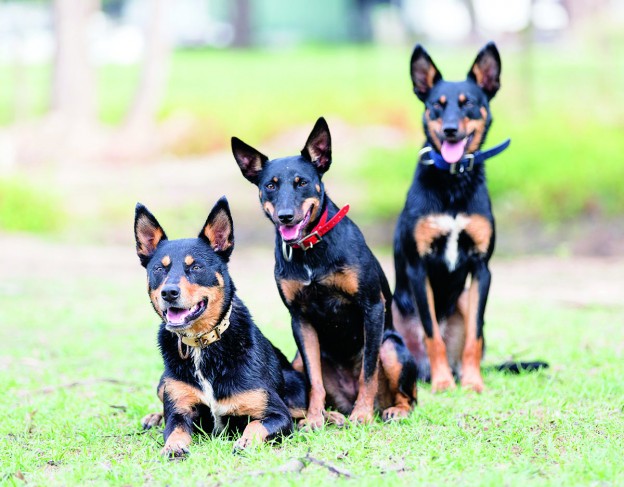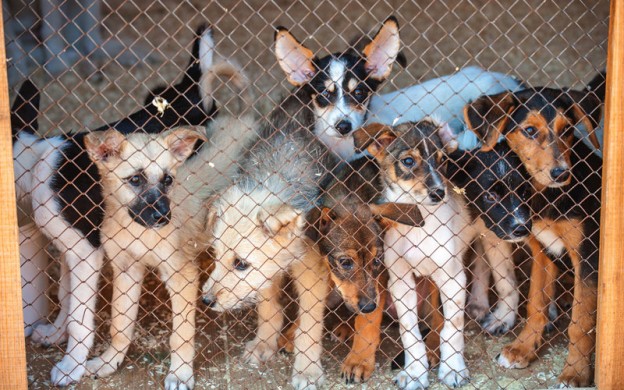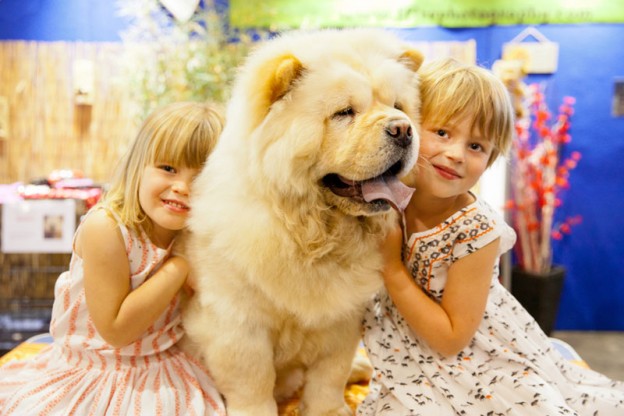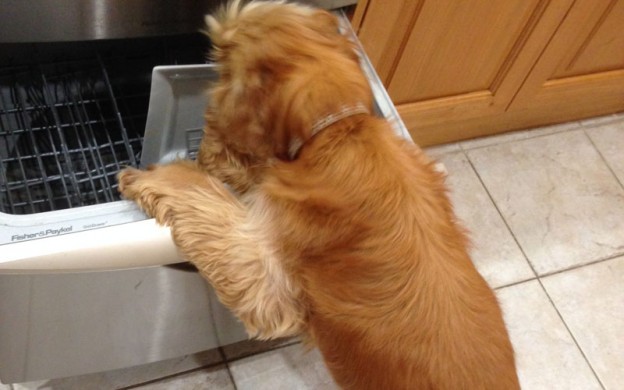
The Animal Welfare League of New South Wales has called on the NSW government to impose a Breeder Licence Scheme to stamp out puppy farms. Kristie Bradfield investigates the importance of this legislation and how you can help end puppy farms
Late last year, the Animal Welfare League (AWL) NSW commissioned a poll that canvassed more than 1500 people across Australia to determine their understanding of and attitudes about puppy farms.
The results of this survey found that more than 90 per cent of NSW residents surveyed were in support of a breeder licensing scheme that would put an end to puppy farms. “Given this overwhelming community support, late last year we called on the NSW government to swiftly implement the scheme,” AWL NSW programs officer Jessica Borg said. “People want to help protect the dogs and puppies involved and want to know that if they purchase a dog, they haven’t contributed to animal cruelty.”
What is a puppy farm?
A surprising outcome of the survey was that 43 per cent of NSW residents hadn’t heard of a puppy farm (also known as a puppy factory or puppy mill) nor the welfare issues surrounding these farms. This lack of knowledge has reinforced AWL NSW’s commitment to educating the public.
“Puppy farming is one of Australia’s most pressing animal welfare issues,” says Borg. “The conditions dogs exist under include extreme confinement and overcrowding, inadequate veterinary and general care, and insanitary environments. The fate of female dogs in puppy farms is especially grim.” Female dogs are kept pregnant from six months of age. They are often forced to produce litter after litter, and when they can no longer breed most of them are euthanised.
Why it is important to close puppy farms
The Animal Welfare League’s push for breeder licensing is in light of recent puppy farm seizures, including one particularly appalling case in Londonderry, NSW in 2012. Inspectors seized 42 dogs and puppies that were living in atrocious conditions. Puppies were found caged in squalid back sheds — forced to live in their own faeces, surrounded by maggots and with no access to water. “Putting an ending to puppy factories would help prevent this cruelty,” says Borg.
Details of the Scheme
The scheme proposed by the AWL would educate breeders on their responsibilities in terms of the health and welfare of animals under their charge. And by reducing the numbers of puppies being bred, it would also reduce the alarming rate of euthanasia, which is estimated at over 40,000 companion animals annually in New South Wales alone.
The scheme includes five essential points to ensure its effectiveness:
• Mandatory licensing to breed.
• Monitoring of animal welfare standards through unannounced inspections by an independent animal welfare body.
• A sustainable scheme through a user-pays system, funded by breeders themselves.
• Requirements of quotation of a licence or microchip number when advertising, transferring or selling pets.
• Empowerment of the community to enable the public to check where their puppies have come from, through an online register.
How can you help?
If you want to help put an end to puppy farming, Borg invites you to show your support by signing the petition at www.puppylove.org.au. “The government has made moves to have the scheme implemented; however, further encouragement from pet owners and dog lovers would help to ensure a robust scheme is put in place,” she says. “We want to ensure all facets of the scheme are implemented in a timely and organised fashion, and to help achieve this we’d like the community to show their support by signing our petition.”
How can you be sure that your new pup isn’t from a puppy farm?
“At this stage it isn’t that easy to identify whether or not a puppy has come from a puppy factory,” says Borg. “The safest bet is to adopt from a rescue shelter until a proper licensing scheme is in place.”







